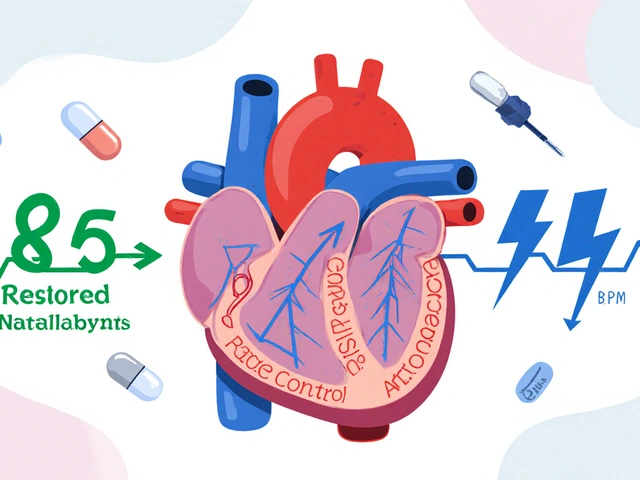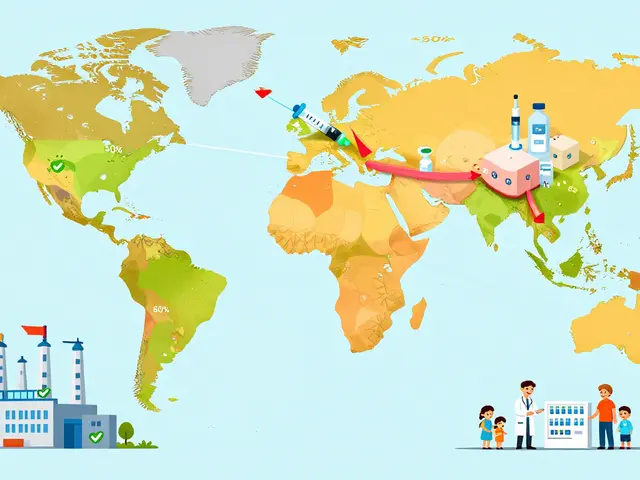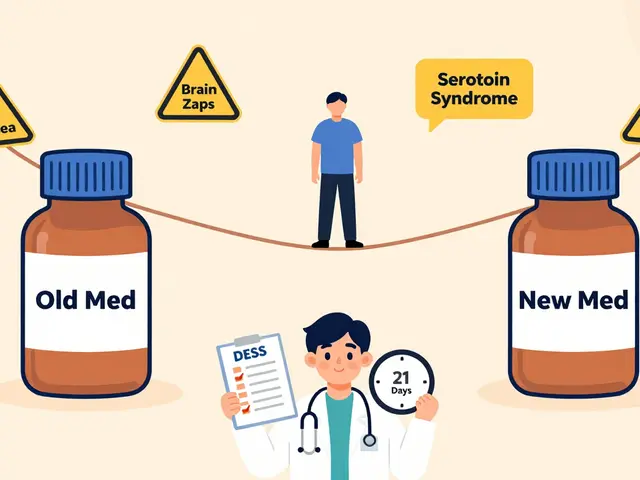NSAID Ulcers – What You Need to Know to Stay Safe
If you pop ibuprofen, naproxen, or any other over‑the‑counter pain reliever, you might be putting your stomach at risk. NSAID ulcers are tiny lesions that form in the lining of your stomach or duodenum because these drugs strip away the protective mucus. Most people never notice them, but the damage can lead to pain, bleeding, or even a perforated gut.
Why do these pills cause ulcers? The short answer: they block a chemical called COX‑1, which helps the stomach produce its natural barrier. Without that shield, stomach acid can eat away at the tissue, creating an ulcer. People who take NSAIDs daily, have a history of ulcers, drink alcohol, or smoke are the most vulnerable.
How NSAIDs Cause Stomach Ulcers
When you take an NSAID, it reduces inflammation by stopping prostaglandins from forming. Prostaglandins also tell the stomach to secrete mucus and bicarbonate – the two main defenders against acid. Less mucus means acid hits the stomach wall directly. Over time, that constant irritation erodes the lining, forming a sore that can bleed.
It’s not just the dose that matters. Even low‑dose aspirin taken for heart health can trigger ulcers if you’re not careful. The risk rises sharply if you combine NSAIDs with other ulcer‑causing agents like steroids, certain antibiotics, or heavy coffee consumption.
Tips to Prevent and Manage NSAID Ulcers
1. Take with food. A big breakfast or a glass of milk cushions the stomach lining and cuts irritation in half.
2. Use the lowest effective dose. If 200 mg of ibuprofen eases your headache, don’t bump up to 800 mg just because you think it’ll work faster.
3. Consider a protective drug. Proton‑pump inhibitors (PPIs) or H2 blockers can be prescribed alongside NSAIDs to keep acid in check.
4. Switch to a safer alternative. Acetaminophen (paracetamol) doesn’t affect COX‑1, so it’s kinder to the stomach for mild pain.
5. Avoid alcohol and smoking. Both thin the mucus layer and speed up ulcer formation.
If you notice gnawing pain, black stools, or unexplained nausea, stop the NSAID and see a doctor right away. Early treatment can heal an ulcer before it turns serious.
Bottom line: NSAID ulcers are preventable if you know the risk factors and take simple steps. Keep a stash of food‑friendly pain relievers, talk to your pharmacist about a protective medication, and listen to your body’s warning signs. Your stomach will thank you.
When it comes to preventing ulcers and reducing stomach acid, Cytotec isn't the only option available in 2024. There are several effective alternatives including Omeprazole, Famotidine, and Pantoprazole that work to reduce or manage stomach acid in different ways. Each alternative comes with its own benefits and downsides, such as varying side effects and ease of use. It's important to consider these factors when choosing the best medication for individual needs. The right choice depends on individual circumstances, tolerance levels, and medical history.



 Medications
Medications




